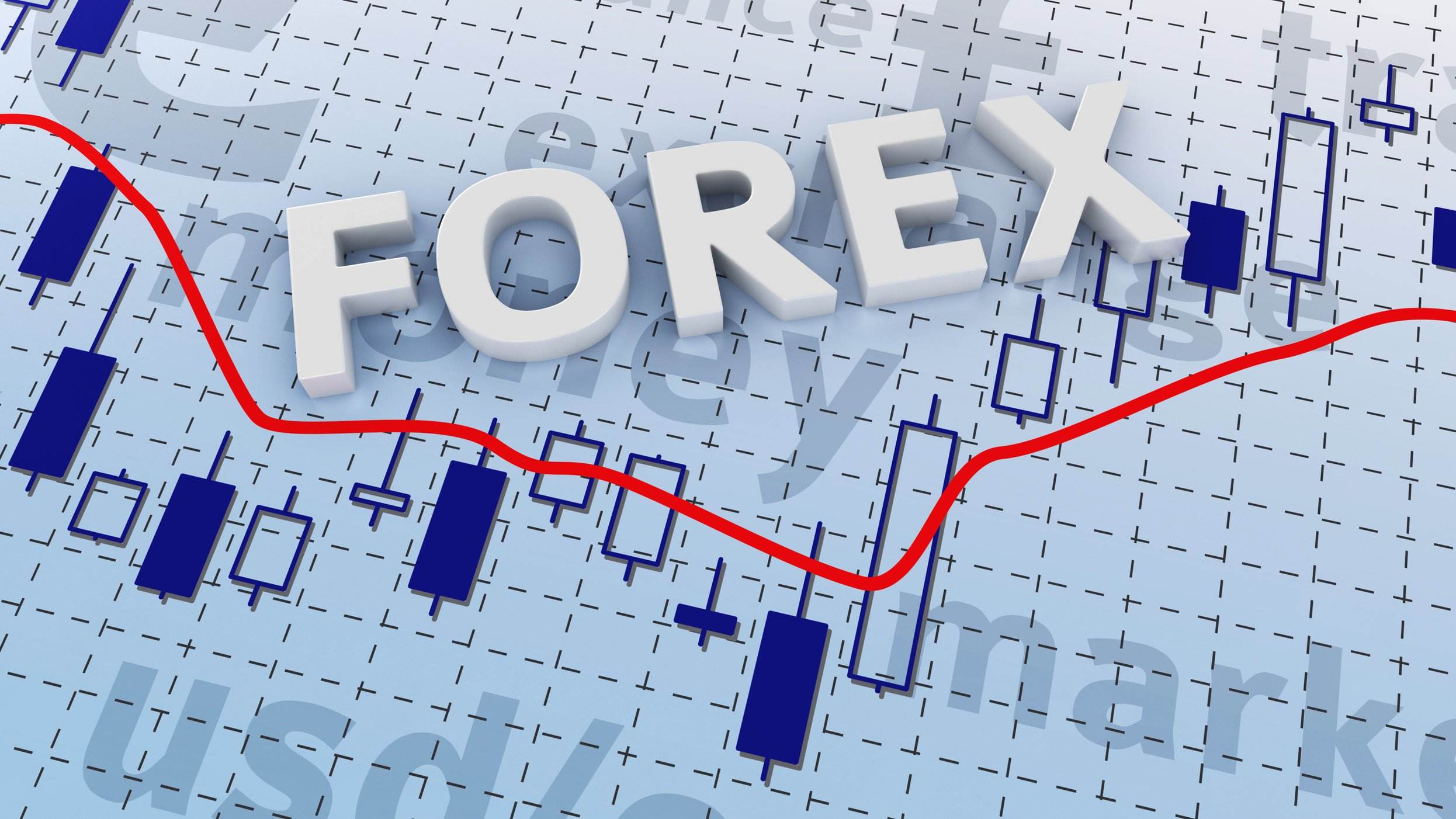Commission - 手续费
Understanding Forex Broker Commission
As a forex trader, one of the essential factors to consider when choosing a forex broker is the commission structure. Commission, also known as "spread," is the fee charged by forex brokers for executing trades on behalf of their clients. Understanding how commission works is crucial for traders to make informed decisions when selecting a broker and to manage their trading costs effectively.
Types of Commission
Forex brokers typically charge commission in two primary ways: spread mark-up and direct commission. In a spread mark-up, the broker adds its commission to the spread, which is the difference between the buying and selling price of a currency pair. On the other hand, direct commission involves a fixed fee per trade, regardless of the size of the position or the market conditions. Each commission type has its pros and cons, and traders should carefully consider which model best suits their trading strategy and risk tolerance.
Factors Affecting Commission
Several factors can influence the commission charged by forex brokers. The most significant factor is the trading volume, as brokers may offer discounted commission rates for high-volume traders. Additionally, the liquidity of the currency pair being traded can impact the commission, with more liquid pairs often having lower commission rates. Moreover, the type of account and trading platform used can also influence the commission structure, as certain account types may offer lower commission rates or even commission-free trading.
Comparing Commission Structures
When evaluating different forex brokers, traders should carefully compare the commission structures offered. It is essential to consider not only the commission rates but also any additional fees and trading costs associated with the broker. Some brokers may offer low-commission trading but compensate by charging higher spreads or other hidden fees. Therefore, a comprehensive comparison of commission structures is crucial for determining the overall cost of trading with a particular broker.
Commission and Trading Strategies
Traders should align the commission structure with their trading strategies. For example, scalpers and day traders who execute a high number of trades may prefer a commission-based model to keep their trading costs predictable and transparent. Conversely, swing traders and position traders, who hold trades for longer periods, may prioritize tight spreads over direct commission, as they aim to minimize the impact of trading costs on their overall returns.
Transparency and Trust
Transparency in commission structures is paramount for building trust between forex brokers and their clients. Brokers that clearly disclose their commission rates and any additional charges gain credibility with traders, as they provide a transparent view of the true cost of trading. Trustworthy brokers are more likely to retain clients in the long run and attract new traders seeking a reliable and transparent trading environment.
Negotiating Commission
For high-volume traders or institutional clients, negotiating commission rates with forex brokers is a common practice. High-volume traders can leverage their trading activity to negotiate lower commission rates, custom-tailored commission structures, or even commission rebates. However, negotiating commission requires a solid understanding of market conditions, trading volumes, and the broker's policies, and it is typically reserved for experienced traders and institutional clients.
Conclusion
Comprehending the various commission structures and their impact on trading costs is fundamental for forex traders. By understanding the types of commission, the factors affecting commission rates, and the relevance of commission to different trading strategies, traders can make well-informed decisions when selecting a forex broker. Moreover, transparency in commission structures and the opportunity to negotiate commission rates contribute to building trust between traders and their brokers, fostering long-term and mutually beneficial relationships.
(责任编辑:动态)














